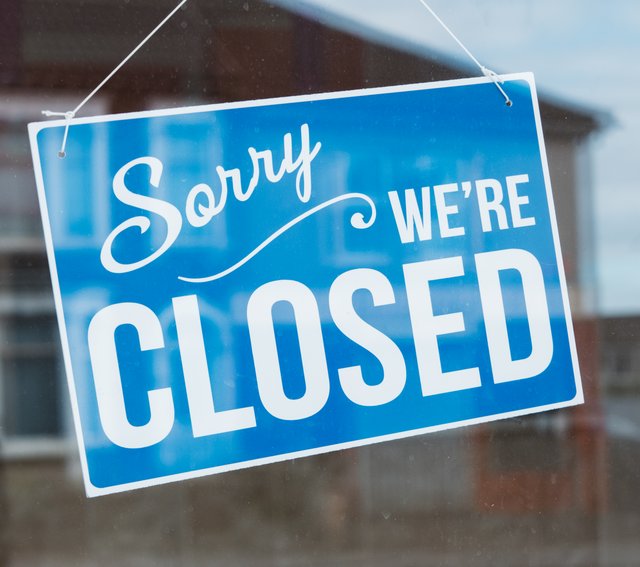Our nation’s health insurance crisis is getting much worse. The rising cost of health insurance, and the growing number of people who don’t have access to healthcare, is perhaps the most complex policy problem out there. And the COVID-19 crisis has made this situation much, much worse. A study from Health Management Associates predicts 12-35 million people will lose their employer-sponsored health coverage due to COVID-19. While some of these people should become eligible for Medicaid, roughly 5 million people could remain without coverage. Naturally, the COVID-19 crisis is forcing people to seriously consider Medicare for All.
I have to admit, I’m not a fan of socialized medicine – it makes good sense from an ethical perspective, but the financing doesn’t seem to work. Many smart economists have looked closely at Medicare for All and it requires a substantial increase in taxes. And more to the point, the quality of care under a program like Medicare for All is not guaranteed; we’re bound to see longer wait times for physician visits, medical procedures, you name it.
But, I’m starting to have second thoughts. My biggest beef with Medicare for All is that, in my opinion, people who currently pay the bulk of taxes will not accept paying more in taxes (to cover those without health insurance) while ending up with insurance coverage they don’t like.
But is this true? Are US taxpayers unwilling to “share” their health coverage? Given the high likelihood of longer wait times, as seen in other countries with socialized medicine, it’s important to phrase the problem honestly – expanding health coverage means sharing healthcare. But as I just mentioned, I’m starting to wonder that people may be ready to engage in that level of cooperation.
What’s become more obvious to me over the years, is that good policy-making is largely dependent on predicting how people will respond to policy (e.g. “policy uptake”). And now onto the strange connection I’m making with Starbucks..
Predicting policy uptake. We all know Starbucks is a fantastically successful company, having pioneered a $5 “Cup of Joe”. But what really impressed me is how the company accurately gauged peoples’ reaction to their services. When Starbucks first allowed customers to hang out all day in their shops, many people thought that would never work (myself included); I figured people would loiter all day and paying customers would have fewer seats, get turned off, and not come back. But most customers did not behave like that, and the few that did loiter were not causing major problems. The company made a judgement call on how people would respond to their “all day” seating policy and it worked out swimmingly.
It’s very easy to call that success obvious, but it’s only obvious in hindsight.
In similar fashion, the company did spectacular with their mobile order & pick-up. Again, when Starbucks began experimenting with this new service, I had my doubts. I figured people would simply walk in and take coffee they didn’t pay for. But in reality, that hardly happens. This is an example of effective cooperation – we all get to enjoy the benefits of an efficient system of “coffee ordering” because the number of people who take advantage of the system is small and tolerable.
Looping this back to healthcare. There are cooperative actions people can take to help support a healthcare system for everyone. I know it’s not a popular point to make, but I believe we should all be aware of the burden we, as individuals, place on the healthcare system. Through good lifestyle choices around diet and exercise, people have mercy on themselves and the healthcare system.
That’s why I’m a big fan of behavioral modification or nudge science, and the medical community’s emphasis on the social determinants of health. In my mind, understanding people’s needs and prompting them to make the best “cooperative” decisions will go a long way towards reducing chronic disease burden, and help make healthcare more affordable.
And if we’re lucky, we may not have to resort to a drastic solution or seriously consider Medicare for All.
~ James





